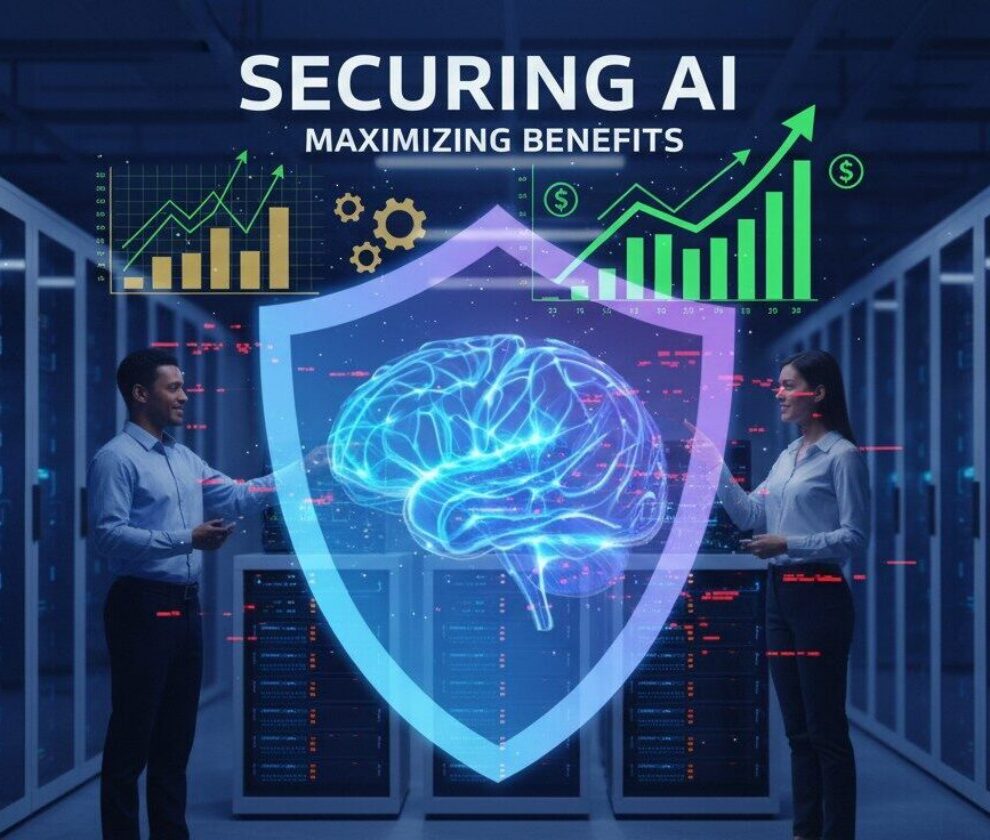Technology is evolving at breakneck speed, and Artificial Intelligence (AI) has rapidly established itself as a critical strategic lever for numerous businesses. From automating routine tasks to predictive analytics, AI is transforming IT operations, enhancing both efficiency and foresight. In this article, we explore the profound impacts of AI on IT teams and the major advantages it offers for organizations willing to embrace it.
Why Embrace AI in IT Operations?
IT departments often grapple with repetitive tasks such as incident ticket management, system diagnostics, and routine maintenance. AI, powered by tools like intelligent automation and virtual assistants, significantly accelerates these processes while improving accuracy.
For instance, a study by SolarWinds reveals that organizations employing AI in IT processes reduce incident resolution time from an average of 27.42 hours to 22.55 hours—a remarkable 17.8% improvement. These efficiency gains not only translate into cost savings but also free up IT teams to focus on high-value strategic initiatives.
Quantifiable Benefits of AI in IT
The direct impact of AI on IT operations is illustrated through reduced costs and optimized time management. Imagine an IT team handling around 5,000 incidents yearly. By saving an average of 4.87 hours per ticket, organizations can reclaim nearly 24,350 hours annually. At an average hourly cost of €28, this equates to more than €680,000 in savings every year.
Beyond cost efficiency, a key advantage AI brings is the proactive approach to issue management. With AI tools, IT teams can detect anomalies before they evolve into critical incidents, ensuring uninterrupted operational continuity and a well-maintained IT ecosystem.
Leading the Pack: AI-Powered Enterprises
‘Top 10 AI Adopters’, identified in the SolarWinds study, exemplify the game-changing potential of AI. These organizations have halved their average resolution time—from 51 hours to just 23 hours. This outcome is achieved through the strategic integration of AI tools into their daily workflows.
What sets these companies apart is their perspective—viewing AI as a catalyst for continuous improvement rather than a one-off solution. By utilizing robust automation systems and self-service portals, they emphasize enhancing both efficiency and user experience.
Preparing Your Organization for AI Integration
Before diving into AI, it’s crucial to assess your current processes. Start by asking these key questions:
- What is the average time your team takes to resolve a ticket?
- Which processes are inefficient or overly repetitive?
- Do you have a reliable knowledge base to support AI tools?
Next, develop a long-term strategy that positions AI as an integral asset in your operations. For example, improving your automation databases and involving your team in the transition process will greatly enhance your chances of success.
AI and Corporate Culture: A Crucial Partnership
Successful AI adoption relies as much on technology as it does on corporate culture. Establishing an environment where teams feel supported and trained for impending changes is key. Clear communication about expected benefits and individual roles will drive engagement and minimize resistance to change.
Moreover, companies that already employ best practices—like using self-service portals and automation—find AI integration much smoother. These businesses are primed to extract maximum value from AI-powered tools.
Conclusion: AI as a Strategic Asset for IT Operations
In conclusion, AI offers unparalleled opportunities for IT departments to reduce workloads, optimize resource allocation, and preemptively address issues. However, AI is no magic bullet; its success depends on revisiting processes and fostering a culture of innovation within teams.
At Lynx Intel, we specialize in guiding organizations through this strategic transformation. Our services include needs analysis, AI tool implementation, and performance monitoring to ensure optimal ROI. Contact us today to discover how we can help revolutionize your IT operations through AI.


